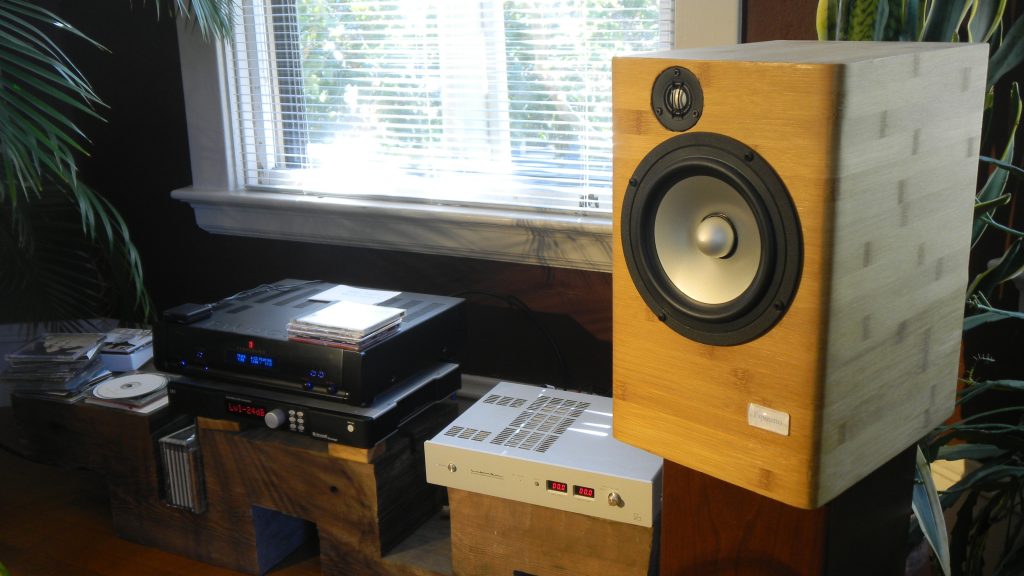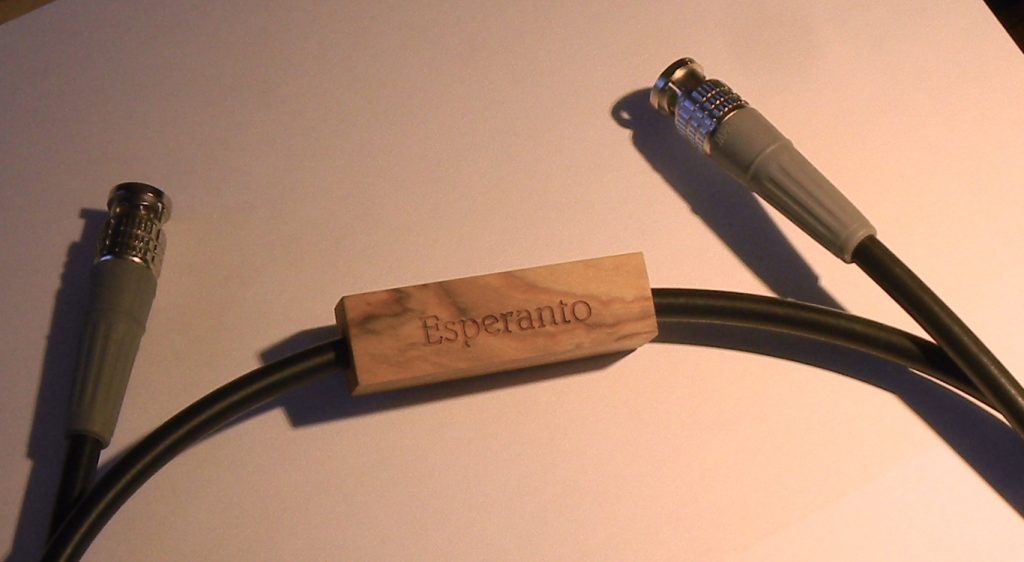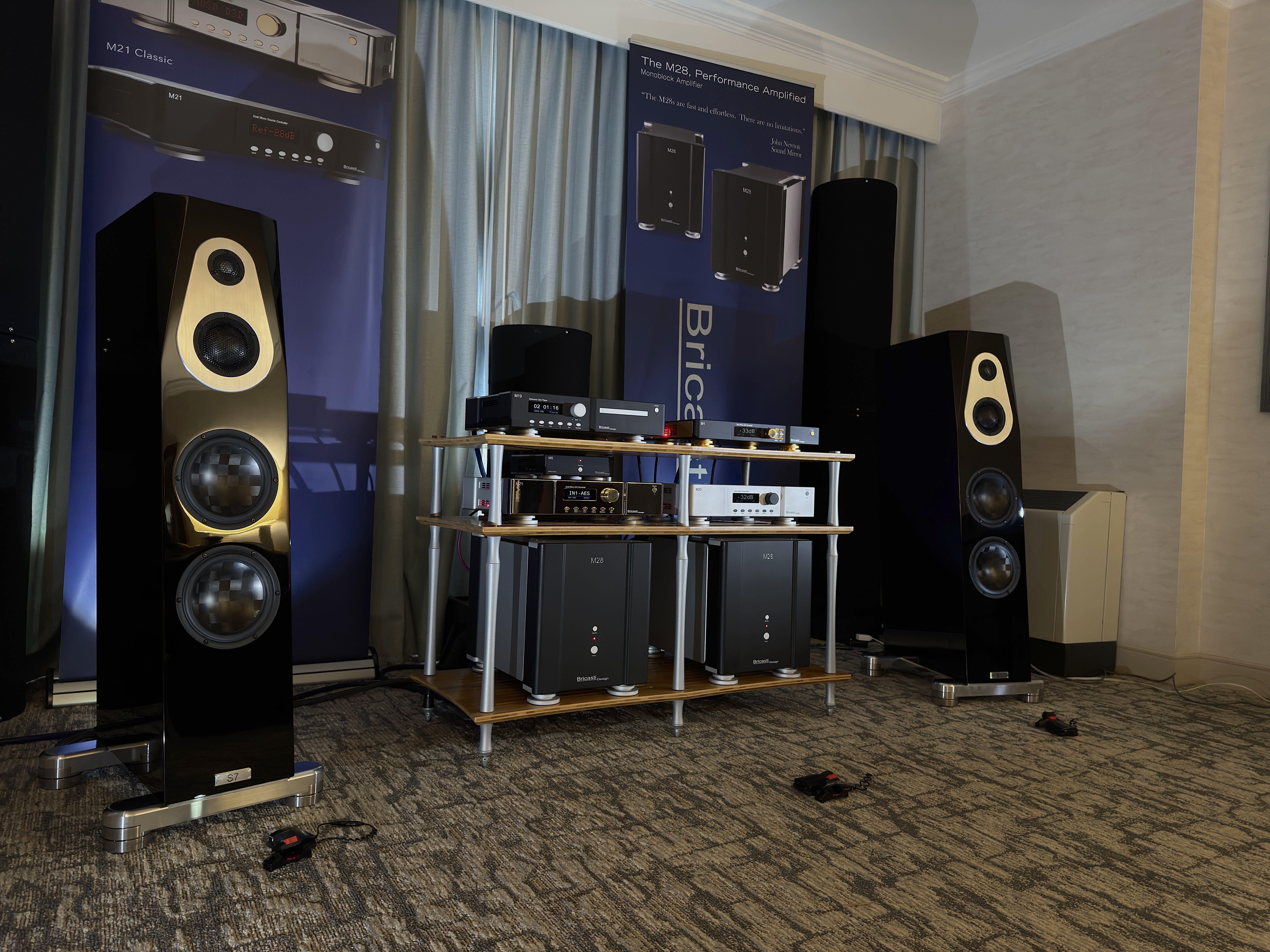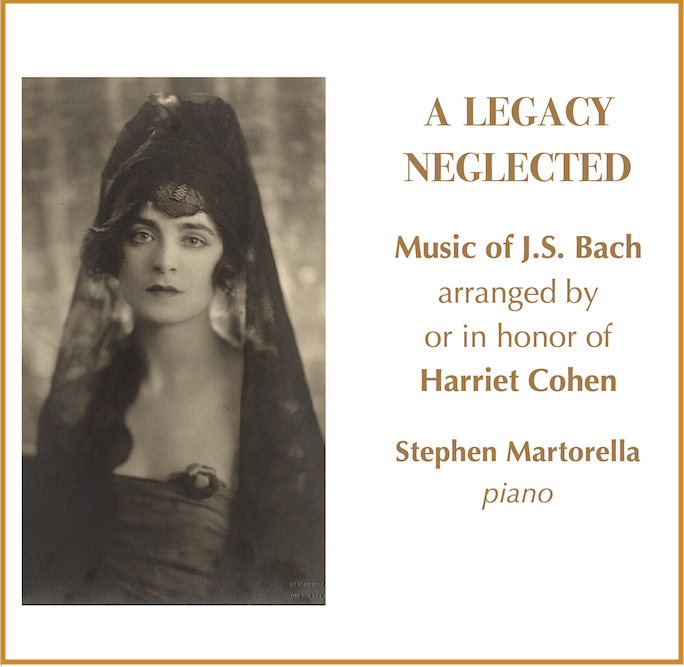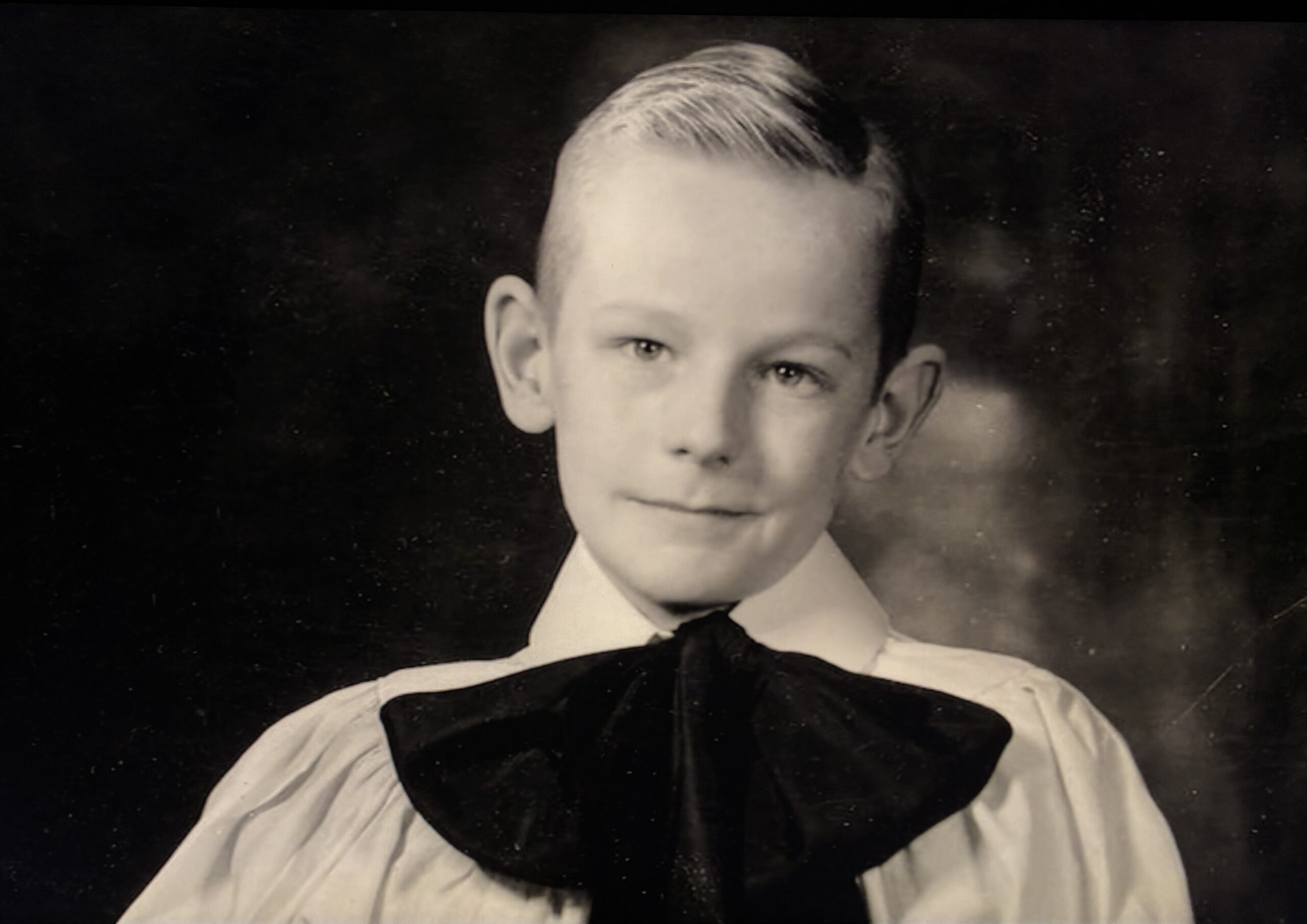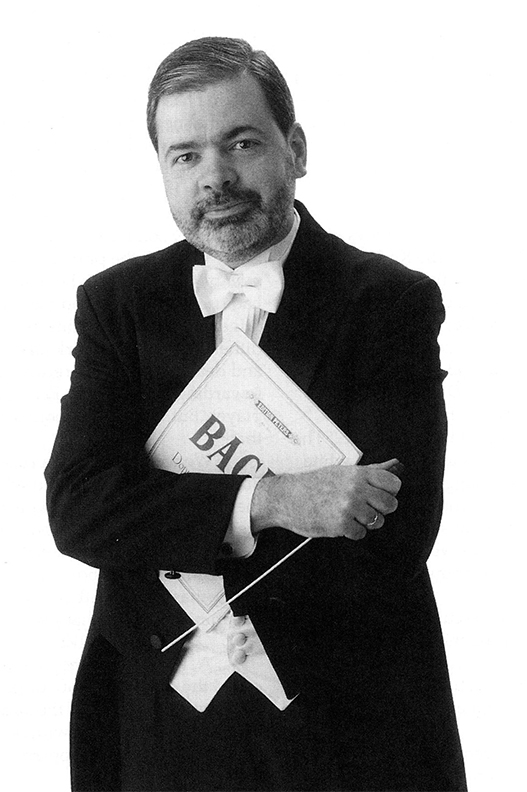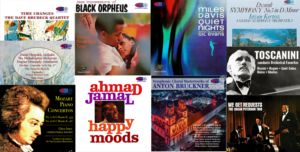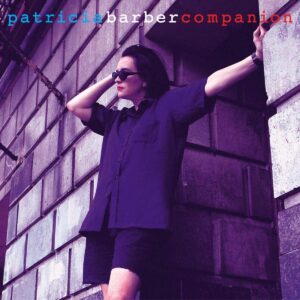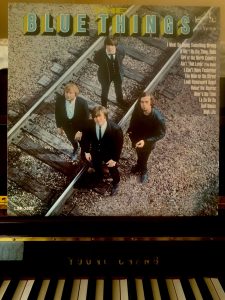Herein the latest from our goodly colleague, John Marks, editor of The Tannhauser Gate, his worthy and informative blog site. He points us to a male soprano whose voice would delight the angels. O! Can he sing!
Dr. David W. Robinson, Ye Olde Editor
"Well, the Welsh do sing, do they not?" I murmured to myself, upon starting to listen to this rather astonishing performance. And when he got to the embellished repeats… I was not speechless!
The YouTube identifies the young "treble" (here in the US, we say "boy soprano") Cai Thomas as Welsh; and, as far as I know, Cai is a very Welsh given name; but he appears to live in Surrey. He started singing in a local church choir at age seven; at age 12, a Kickstarter campaign made Cai's début CD possible.
I first learned of Cai from classical-music publicist Sarah Folger, who sent me an email about an Arvo Pärt single-track release ("Vater unser," Arvo Pärt's setting of the "Our Father") that was recorded under pandemic lockdown conditions, with Cai in the UK, and pianist Julien Brocal in Brussels.
More on the Handel aria, and on the Pärt piece, below.
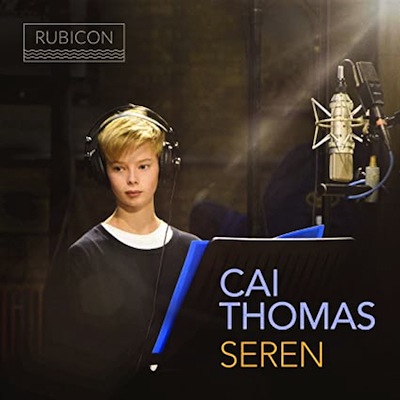
Handel's "Lascia ch'io pianga" ("Let me weep") is a great example of self-borrowing by a composer. The melody first appeared as an interlude in Handel's opera Almira, in 1705. In 1707 Handel put words by Cardinal Pamphilli ("Lascia la spina, cogli la rosa" or, "Leave the Thorn, Take the Rose") to the same melody, for his oratorio Il trionfo del Tempo e del Disinganno.
Third time the charm: in 1711 Handel put words by Giacomo Rossi to the melody, for his opera Rinaldo. The aria is sung by Almirena, who is being held captive by Argante, the Saracen King of Jerusalem. Argante has just admitted to a very serious infatuation. (In case you hadn't noticed, admitting to a very serious infatuation happens a lot, in opera.)
Almirena's response:
Lascia ch'io pianga
mia cruda sorte,
e che sospiri
la libertà.
Il duolo infranga
queste ritorte,
de' miei martiri
sol per pietà.
Let me weep over
my cruel fate,
and let me sigh for
liberty.
May sorrow shatter
these chains,
simply out of pity
for my torments.
Which is one way of saying, "Your Royal Dudeness, she is just so not into you."
Cai Thomas' delightful performance of this opera-excerpt showpiece can be found on his début CD Seren, which is Welsh for "Star." (Rubicon Classics RCD1060, March 2020.) Amazon has the CD; streaming; and also MP3 downloads of individual tracks or the entire album. Tidal has the album HERE.
The other tracks on the album range from sacred music by Mozart to Welsh traditional music (in English and Welsh) and even "Bring Him Home" from Les Misérables.
Not one to rest on his laurels, Cai accepted an invitation from Julian Brocal to record Arvo Pärt's "Our Father" setting (of 2005). The publicity materials state:
A prayer which asks for peace, something that we can all hope for regardless of faith
at this most challenging of times, Julien and Cai hope their music can offer
a few moments of solidarity and hope for all of us at home around the world.
Clocking in at under three minutes, this is a very short piece compared to many of Pärt's works; but I find it very affecting.
I think that Pärt really nailed it by (1) avoiding any trace of grandiosity, pomposity, or religiosity–the shape of the piano part is more that of a lullaby than of a ringing doctrinal declaration; and (2) choosing to write for boy soprano; by the nature of things, a child's childish voice brings into clear focus the fatherly-ness of the Father.
(Arvo Pärt dedicated Vater unser to Pope Benedict XVI; Pärt also presented the Pope with a copy of the manuscript.)
Brocal is a very sensitive accompanist, and the recorded sound is not bad at all, considering the circumstances.
Amazon has the download for the princely sum of 99 cents. Here's the making-of:
I am very impressed, and I hope you are as well. Please pass the word!




